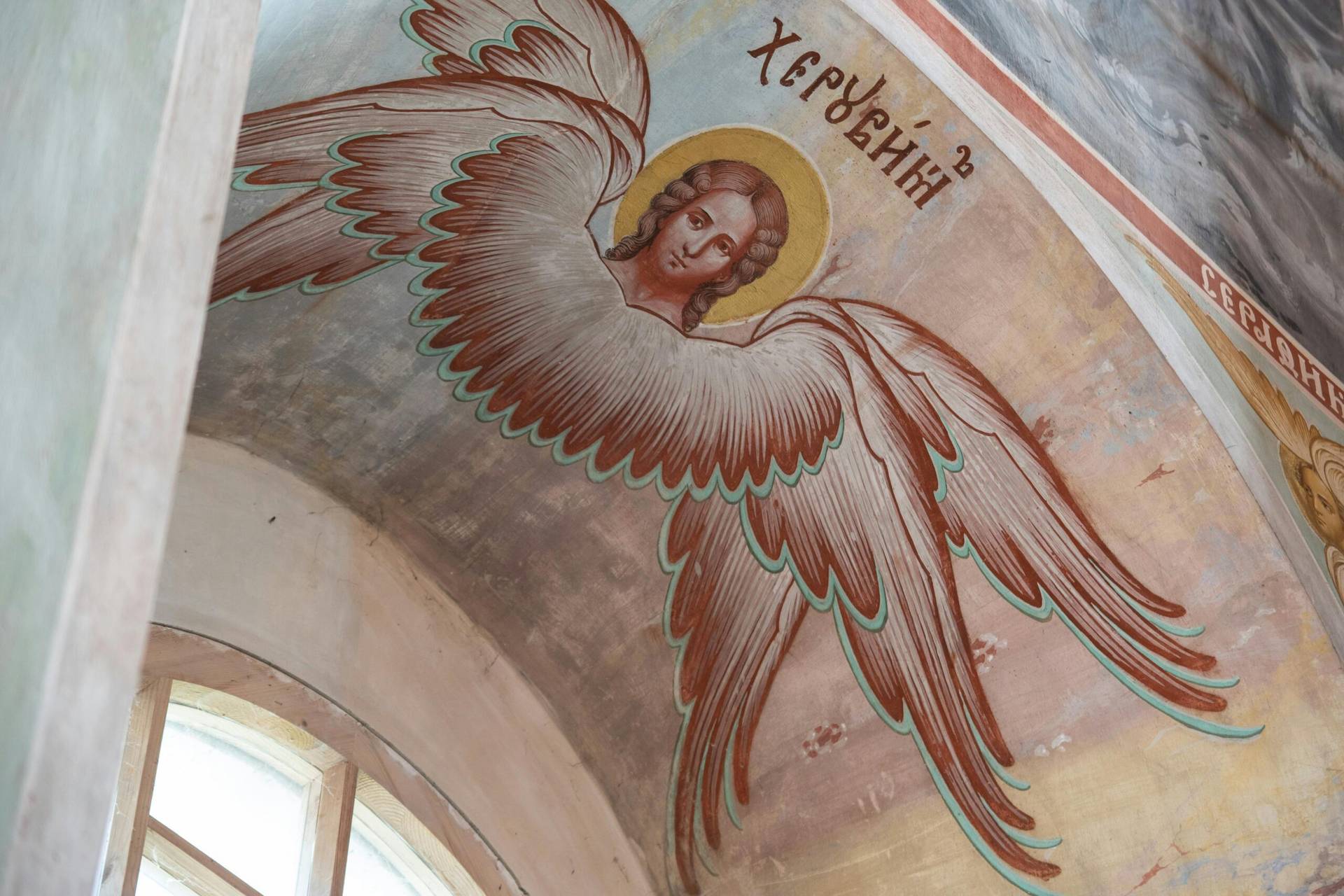Autonomy is a great gift in life. Our capacity as human persons for self-will, or self-possession, ensures that we have something to give when we surrender ourselves to God and to other people. Called by many names, autonomy is identified as “the heart” in the Bible, and as such is recognized as the place of decision and commitment.
In order for us to live fully as human persons, therefore, we need autonomy. It’s the internal glue in our lives that keeps us together as a person. It’s the thread that’s weaved throughout who we are and helps us to know ourselves and to be known by others.
In summary, autonomy is the center mass of our souls. It’s the means by which we can truly and substantially say “I” or “me.” It’s autonomy that allows me – truly myself, from my heart – to believe, hope, deeply love, give thanks, apologize, make a sacrifice, and offer other existentially profound movements of the human heart.
But as with most spiritual gifts in life, when they become absolutized, they lose their way. They become something else, and it’s usually not very good. The closer a gift is to our souls, the more deformed and wicked it can become.
And so, what happens when autonomy is exaggerated? What does an emaciated or a bloated autonomy look like?
If someone is lacking autonomy, they can be pompous and self-divinized on one hand or an existential wasteland on the other. In either case, the person who lacks autonomy is a stranger to themselves, since they don’t hold the central core of their own personhood. When we lose our center, we wobble and fluctuate. In our desperate attempt for some type of stability, we fill in the blanks with our own egos.
We see an interesting saga of human autonomy in this Sunday’s Gospel Reading. Taken from Saint Luke’s Gospel, and only recounted by him among the four gospel books, we hear the Parable of the Pharisee and the Tax Collector.
The story is known to many of us: Two men went up to the Temple area to pray. One was a Pharisee and the other a tax collector. We’re told that the Pharisee spoke a prayer “to himself.” He’s sitting up front and is very proud in all the things he has done. He thanks God for not being “like the rest of humanity.”
The Pharisee certainly sees himself as above and beyond the mere mortals around him and he is totally caught up in himself. It seems as if not even the true God, in whose Temple he is supposedly worshiping, has any space in his heart. The Pharisee sees nothing good beyond himself. Self-righteous to the core, the man’s autonomy has become a monstrous absorption in himself. He’s stuck in his own small world.
Meanwhile, in the back of the prayer area, is a tax collector. The tax collectors were sell-outs of their own people to Rome, an occupying, gentile power. It was the worst of all occupations. Even the title “tax collector” was synonymous with public sinner.
And so, there in the Temple, was a tax collector. He had some aspect of worldly power since Rome never messed around when it came to taxes and money. The man could have been arrogant, demand deference, insist on a place of honor, and could have consumed himself with justifications and rationalizations for actions against his people.
And yet, the tax collector did none of these. Nor did he fall into a cesspool of self-pity and self-hatred. The tax collector knew who he was. He saw himself within the context of a relationship with God and his neighbor. The man took accountability, recognized his offenses to those outside of himself, and sought mercy and reconciliation. We’re told that he “stood off at a distance and would not even raise his eyes to heaven.” He beat his breast and repented.
If we compare and contrast the two people in the Temple area, we see one who is competing with God for worship in his own heart, while the other is clearly acknowledging that God is God and is seeking to him give sincere adoration.
The story is prefaced as a parable “to those who were convinced of their own righteousness and despised everyone else.” This is sadly displayed in the posture and perception of the Pharisee. The man is led by his self-righteousness to a hatred for others. This is the tragic and predictable fate of all those who have lost a healthy autonomy and become self-absorbed.
The Lord Jesus concludes the parable by telling us that the tax collector, with all his sins, went home justified because his heart was honest and sincere. He used his autonomy to claim his faults and repent, and the Lord blessed him.
Crux is dedicated to smart, wired and independent reporting on the Vatican and worldwide Catholic Church. That kind of reporting doesn’t come cheap, and we need your support. You can help Crux by giving a small amount monthly, or with a onetime gift. Please remember, Crux is a for-profit organization, so contributions are not tax-deductible.

















